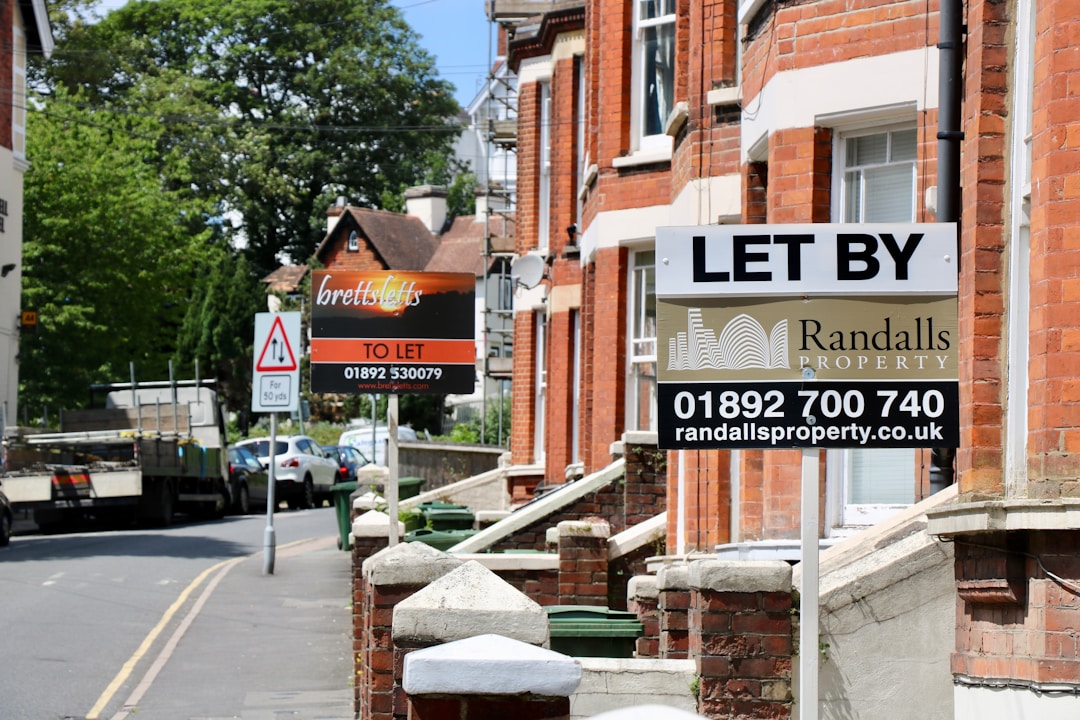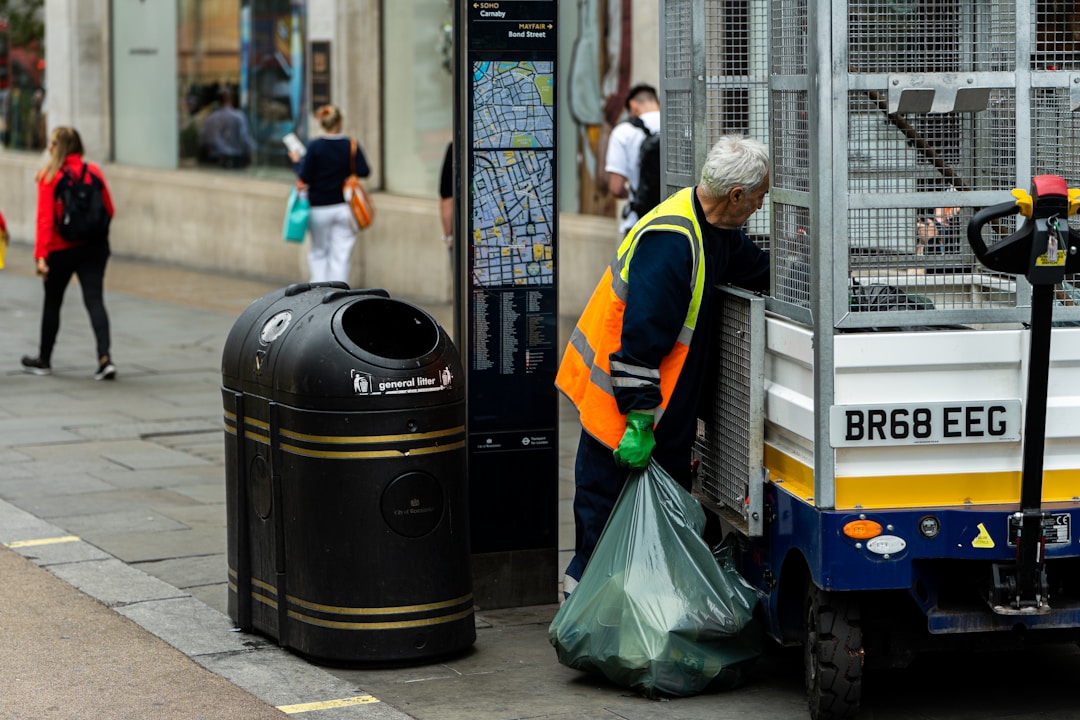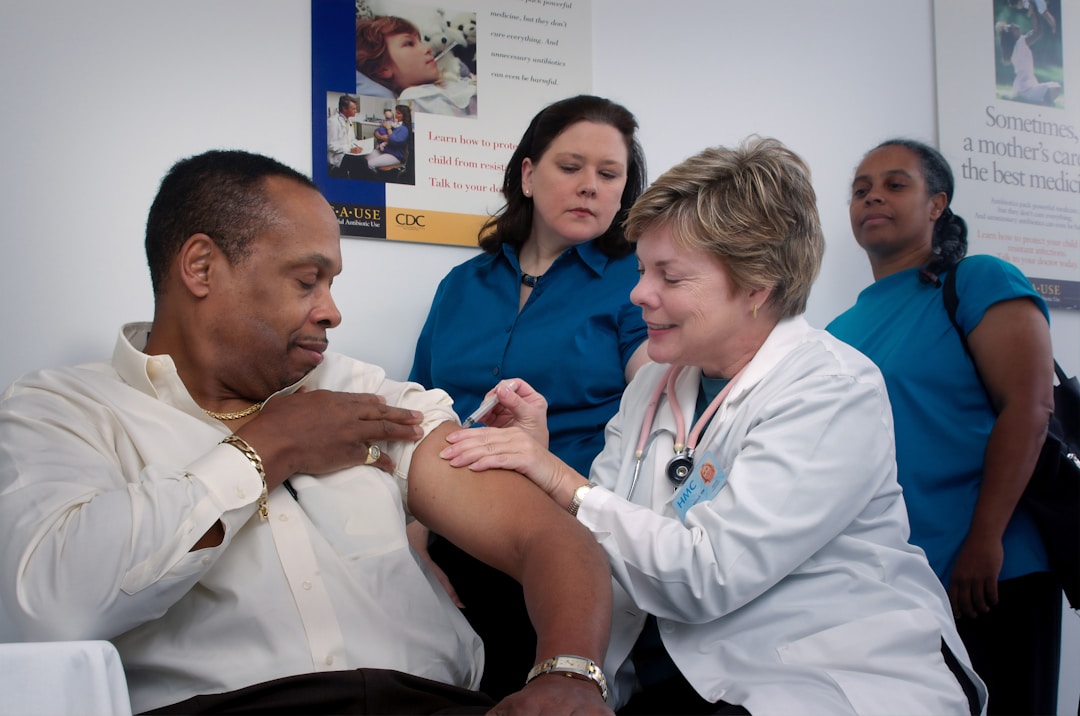
Visualisation made with flourish.studio

Almost one in five people say that they feel unfairly treated by society, in this new survey question that was asked by the ONS for the first time in autumn 2023 (and is being asked on a quarterly basis from then on). Data breakdowns by age and gender show that feelings of being treated unfairly by society are highest for people aged between 35 and 64, while people over 65 are much less likely to feel unfairly treated. There is very little difference between men and women.
Explore the context
Explore the arguments
Disadvantage undermines people’s capabilities and opportunities
 Disadvantage undermines people’s capabilities and opportunities
Disadvantage undermines people’s capabilities and opportunities

Many high earners are paid unreasonably large amounts of money
 Many high earners are paid unreasonably large amounts of money
Many high earners are paid unreasonably large amounts of money

People from poorer backgrounds are less likely to get to and do well at university
 People from poorer backgrounds are less likely to get to and do well at university
People from poorer backgrounds are less likely to get to and do well at university

People from poorer backgrounds do less well at school
 People from poorer backgrounds do less well at school
People from poorer backgrounds do less well at school

Socio-economic inequality leads to environmental inequality
 Socio-economic inequality leads to environmental inequality
Socio-economic inequality leads to environmental inequality

Socio-economic inequality leads to health inequalities
 Socio-economic inequality leads to health inequalities
Socio-economic inequality leads to health inequalities

Socio-economic inequality leads to more crime and less effective criminal justice
 Socio-economic inequality leads to more crime and less effective criminal justice
Socio-economic inequality leads to more crime and less effective criminal justice

Socio-economic inequality leads to political inequality
 Socio-economic inequality leads to political inequality
Socio-economic inequality leads to political inequality

The structure of our economy leads to huge regional inequalities
 The structure of our economy leads to huge regional inequalities
The structure of our economy leads to huge regional inequalities

There is little relationship between merit and reward
 There is little relationship between merit and reward
There is little relationship between merit and reward

Too many people are on low incomes and in insecure work
 Too many people are on low incomes and in insecure work
Too many people are on low incomes and in insecure work

Wealth inequality is much larger than income inequality
 Wealth inequality is much larger than income inequality
Wealth inequality is much larger than income inequality





























